Battle for the last word on the July uprising
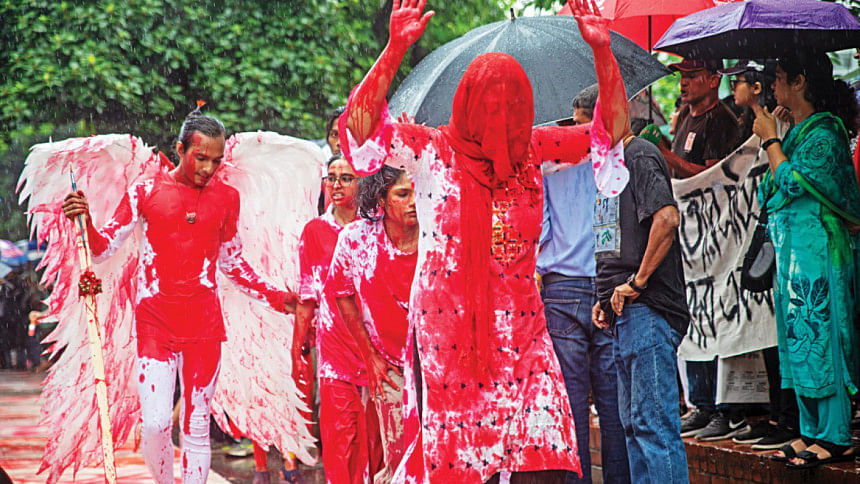
In early 2024, I attended a dinner with my family in Brookfield, in the US state of Wisconsin. It was hosted by a family very close to us. At dinner, I had a long conversation with two American men. At one point, we briefly discussed the situation in Bangladesh. One of them congratulated me on my country's "economic development and upward mobility."
For a while, I was bewildered. How could someone commend the putative economic growth of Bangladesh while its people were living in fear under Sheikh Hasina's mafia-style autocracy? Then I realised that the man was a victim of what Columbia Professor Gayatri Chakravorty Spivak calls "epistemic violence," or violence in the form of misinformation and disinformation. This violence is "inflicted through thought, speech, and writing rather than actual physical harm."
Let me explain this in the context of Hasina's 15-and-a-half-year despotic rule.
Bangladeshis under Hasina's regime suffered on two levels: physical and epistemic/cognitive/perceptual. The first one is direct and visible, and its effects are immediate; the second one is indirect and apparently invisible but much more vicious and pernicious with lasting consequences.
After coming to power in early 2009, Hasina emerged as cruelty incarnate. Her rule was marked by crackdowns on those whom she considered threats to the survival of her government and to her policies that compromised Bangladesh's interests. Initially, her political opponents, but later people of all walks of life, including primary and secondary schoolchildren, became targets of her murderous frenzy. She let loose different branches of security forces as well as her party men to bludgeon and sometimes even kill people. Enforced disappearances became a rampant and systematic state practice in Bangladesh. An unknown number of "Aynaghars" or secret torture centres were set up to confine surviving victims of enforced disappearances in conditions comparable to burial chambers.
This sad saga of oppression reached its peak during the last few weeks of her time in power. Security forces, aided and abetted by Awami League hooligans, raided houses in different areas in Dhaka and other major cities in what came to be known as (night-time) block raids. They intruded on residential areas to round up innocent students or anyone who looked like students.
Images of school-going children picked from their homes and dormitories, handcuffed and herded like felons, shocked the whole nation. In the run-up to Hasina's flight to India, roughly 1,400 people (mostly students) were killed by gunshots fired from the ground and helicopters in just a few weeks. Hundreds more young Bangladeshis suffered life-changing injuries, many of whom were denied medical care during the movement.
What I have described above are instances of physical violence, which are marked by dead bodies, scars, bruises, and survivors and bereaved family members. Therefore, this violence is visible. But Hasina was backed not only by perpetrators of physical violence but also by those of epistemic violence.
There are writers, intellectuals, and commentators in and out of Bangladesh who served as willing partners in Hasina's crimes by backing her government intellectually. They wrote newspaper, magazine and journal articles and other documents to create a positive perception of Hasina's rule. They told the world that Bangladesh developed economically and infrastructurally under the Hasina government. Some of them coined the term "Hasinomics" to describe the "development model" of Bangladesh and to present the country as a "development miracle" under Hasina. Various megaprojects, like flyovers and bridges, were often used as evidence to support such claims.
But those writers hardly mentioned the mega-corruption related to those development projects. They said nothing about the plundering of the country's commercial banks and the syphoning off of crores of taka to other countries, let alone gross human rights violations, on Hasina's watch.
During the July uprising in 2024, young people of Bangladesh stood up to Hasina's oppression. They sacrificed their limbs and lives for the nation and the hope of a better future. Exhibiting extreme courage in the face of intense brutality, they defeated the perpetrators of physical violence and ended Hasina's oppressive regime.
But that did not mark the defeat of the perpetrators of epistemic violence who provided moral justification for what Ali Riaz calls Hasina's "personalistic autocracy." They are still active in the information battle to control the narrative, as they have continued writing and producing various textual artefacts. While Bangladeshis observe the anniversary of July uprising as a mark of their newfound liberation, actors of epistemic violence frame it as a "crisis" and "uncertain future" of Bangladesh.
Essays like Ankita Mukherjee's "Bangladesh Crisis and Challenges for India" (2025) and Sujit Dutta's "The Bangladesh Upheaval and an Uncertain Future" (2024) may confuse readers who are not sufficiently familiar with Hasina's rule and its aftermath. Previously, such writers formed a "development discourse," and now they are on a mission to trigger a "crisis discourse," all to spew propaganda directed at the global audience.
Against this backdrop, I have a message for the veterans of the July uprising. If they think that winning the battle on August 5, 2024 heralded ultimate victory, they will be mistaken.
Articles, books, dictionaries, encyclopaedia entries, documentaries, etc will describe and characterise Hasina's rule and record the events surrounding the July uprising. If our warriors do not participate in this intellectual endeavour to present the real story, perpetrators of epistemic violence will have a monopoly on the narrative and distort the entire phenomenon.
Given that the July uprising was spearheaded by students, I am hopeful that they will be active in different spheres of knowledge and information production. They can chronicle the uprising and shape its narrative, and thus make sure that posterity will receive an accurate account of the related events. However, they must undertake this project now before it is too late. The true version of the events must constitute the "last word" on the July uprising.
Dr Md Mahmudul Hasan is professor in the Department of English Language and Literature at the International Islamic University Malaysia. He can be reached at [email protected].
Views expressed in this article are the author's own.
Follow The Daily Star Opinion on Facebook for the latest opinions, commentaries and analyses by experts and professionals. To contribute your article or letter to The Daily Star Opinion, see our guidelines for submission.

 For all latest news, follow The Daily Star's Google News channel.
For all latest news, follow The Daily Star's Google News channel. 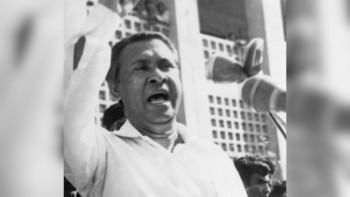
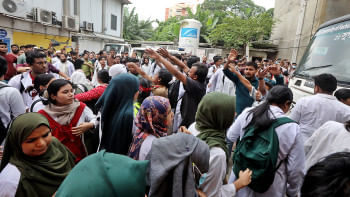
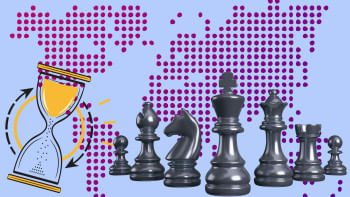



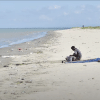
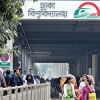

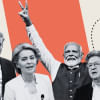


Comments